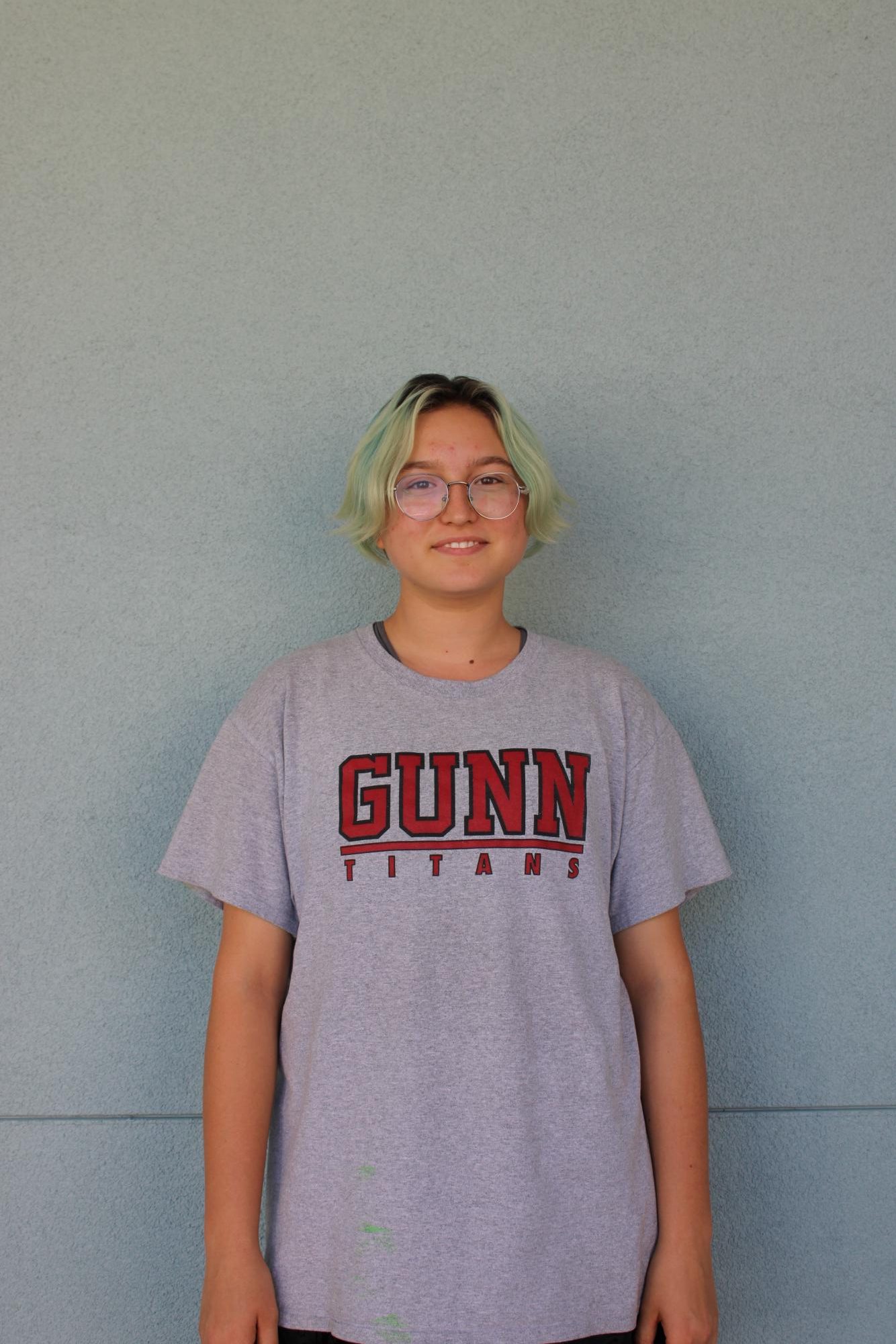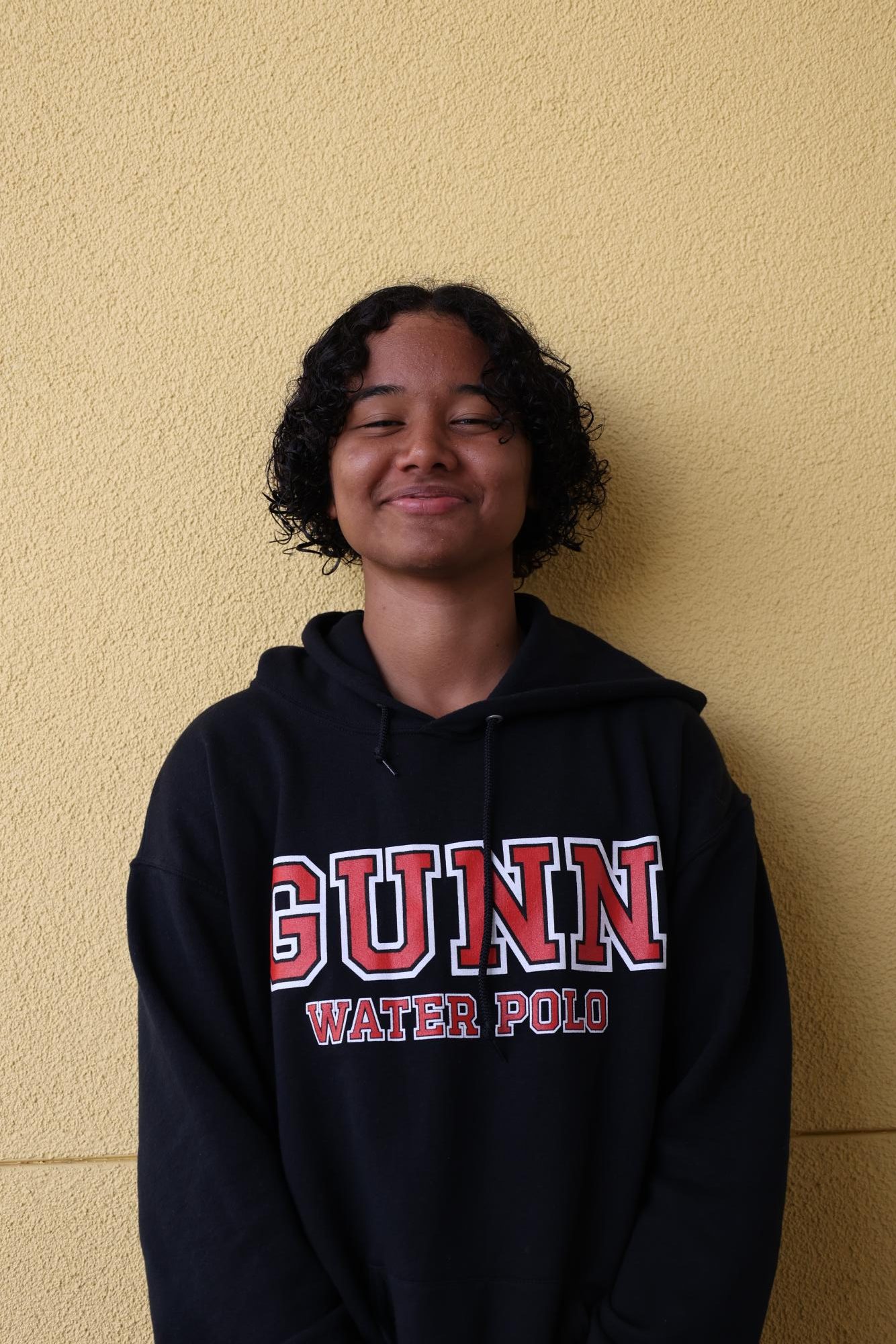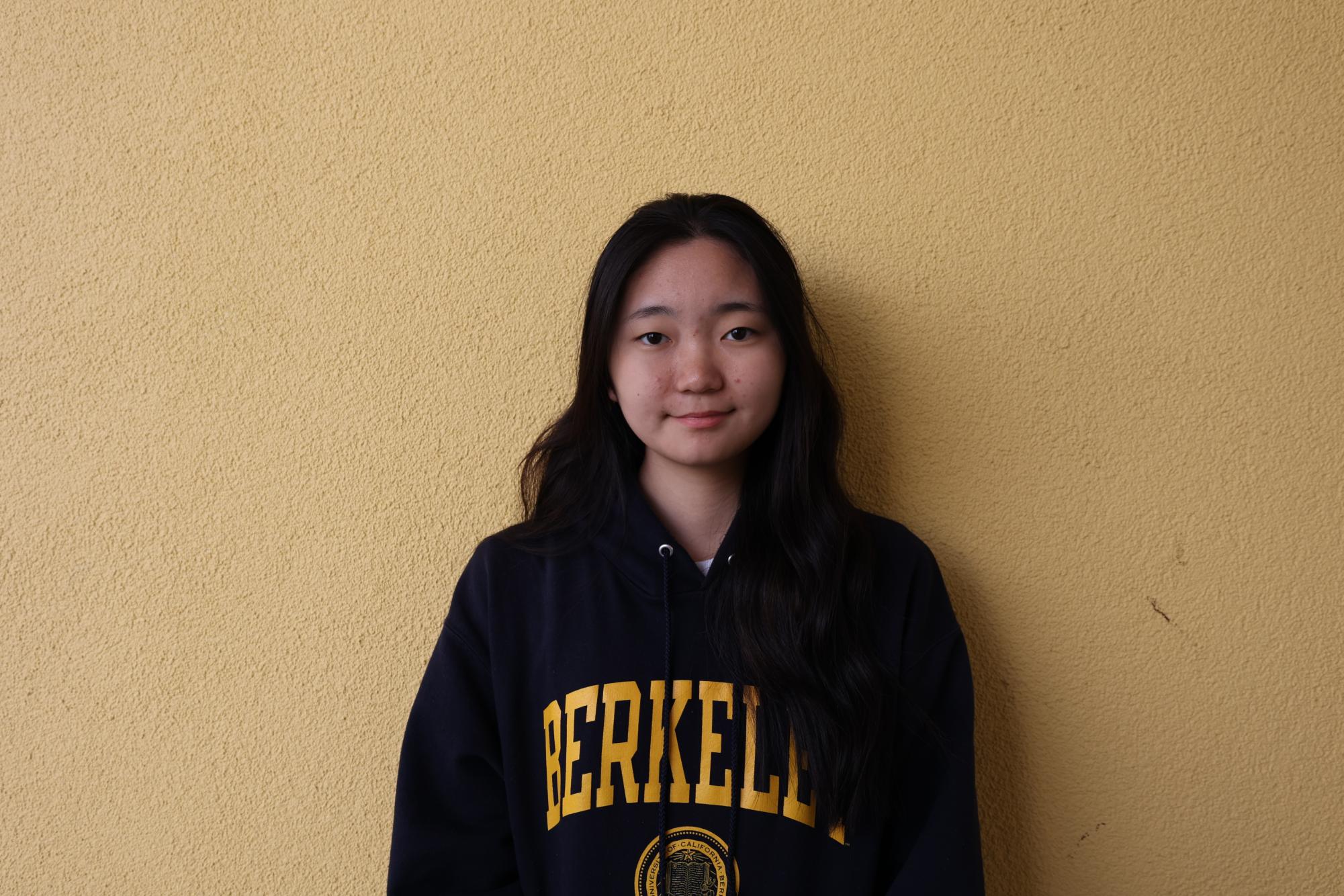Categories:
Living in America: Immigrants reflect on life in different countries, share stories
October 31, 2023
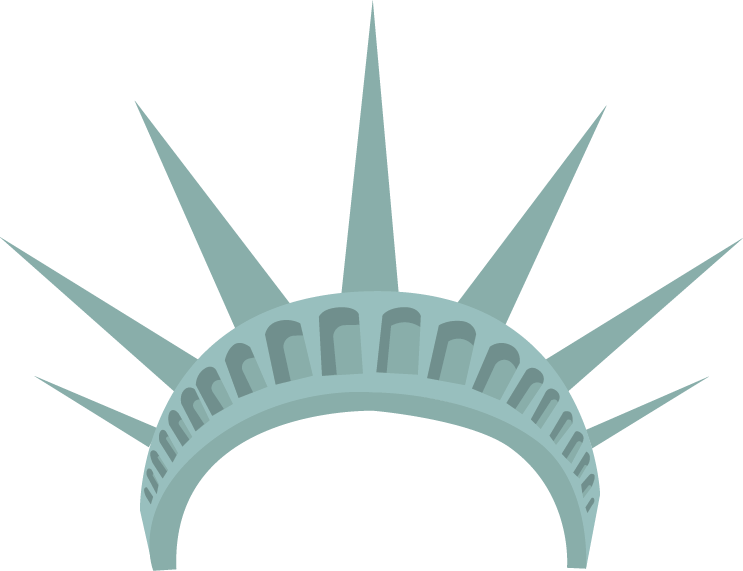
Tags:
Donate to The Oracle
$1900
$1000
Contributed
Our Goal
Your donation will support the student journalists of Henry M. Gunn High School. Your contribution will allow us to purchase equipment and cover our annual website hosting costs.
About the Contributors
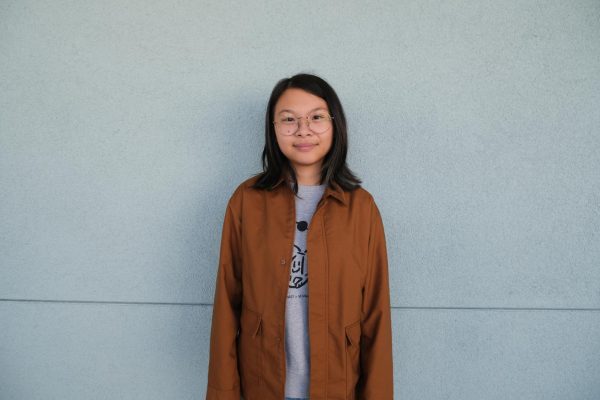
Evelyn Chow, Photographer
Junior Evelyn Chow is a freelance photographer for The Oracle. In their free time, they enjoy knitting, crocheting and being a herpetology enthusiast.
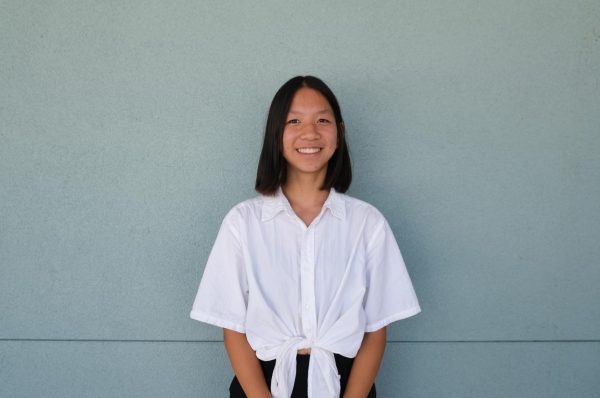
Chloe Wu, Photographer
Sophomore Chloe Wu is a photographer for The Oracle. When her schedule allows, she enjoys running long distances, pondering philosophical questions and reading various legal documents.
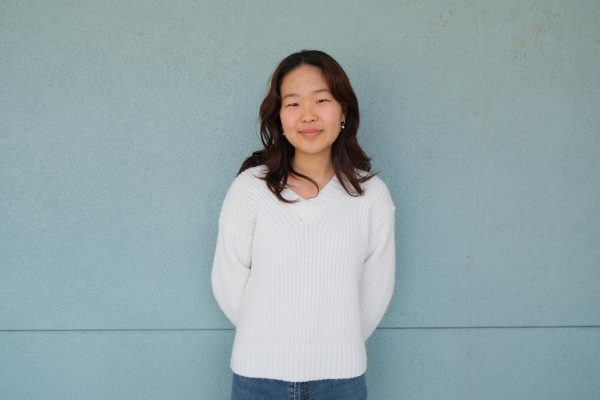
Grace Gao, Photographer
Senior Grace Gao is a photographer for The Oracle. In her free time, she enjoys visiting science museums, reading biographies and going on long walks.
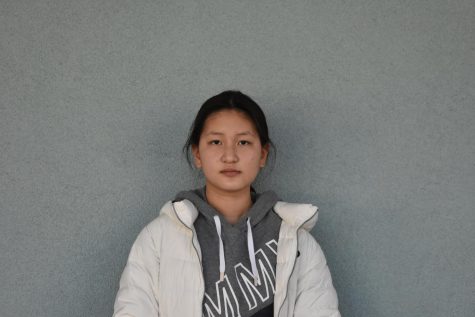
Chaewon Lee, Graphics Freelancer
Junior Chaewon Lee is a freelance graphic artist of The Oracle. She enjoys drawing, watching movies, and listening to music





